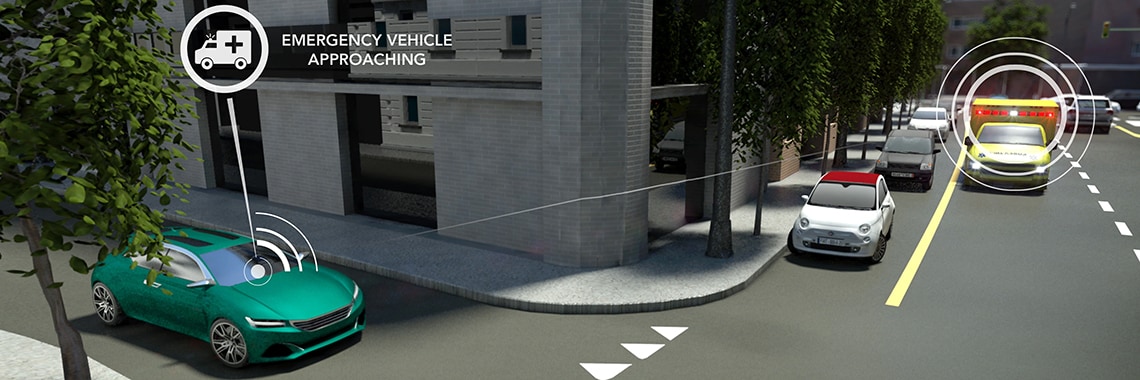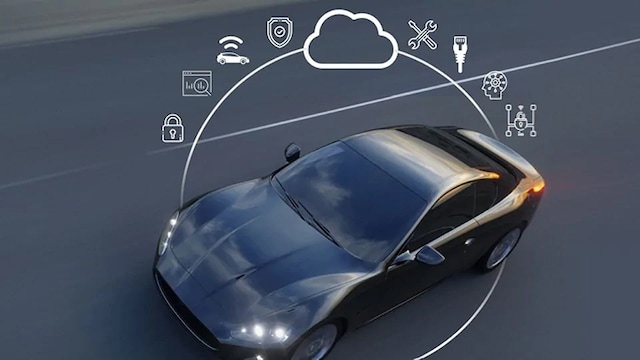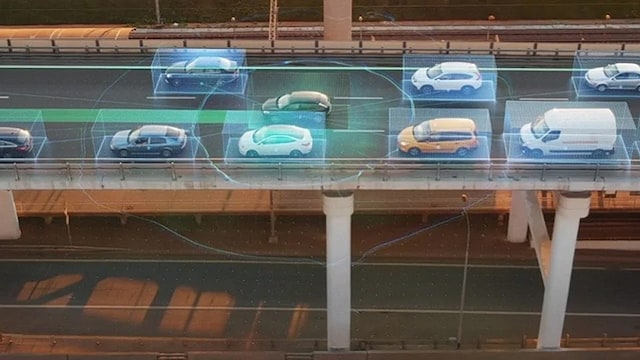Last year, NXP and Nanyang Technological University (NTU) in Singapore
launched an innovation hub for secure connected cars and intelligent transport
systems. Dubbed the ‘Smart Mobility Test Bed,’ the focus was to
accelerate the introduction of life-saving vehicle-to-car and
vehicle-to-infrastructure communications. The four-year $22 million program
tests emerging technology that allows vehicles to “talk” to each
other and to road infrastructure such as traffic signals.
Progress paves the way
Fast forward one year. Key
technology behind the test bed, IEEE 802.11p automotive wireless standard used
for Intelligent Transportation System (ITS) applications – coupled with
video surveillance – covers 75 percent of NTU’s roughly
200-hectacre campus. Data and control centers are in operation.
Smart mobility in action
Twelve use cases of smart
mobility have been deployed to illustrate the impacts technology can make in
road safety, traffic management and enhanced travelling experiences.
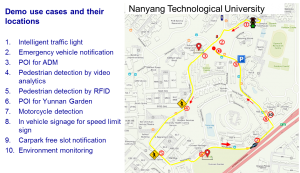
Smart Mobility Consortium expands
NXP and NTU invited
other high-tech companies, institutes and government agencies to join forces
and build a Smart Mobility Consortium aimed at researching and testing secure, smart connectivity and mobility
solutions that can improve the traffic flow in inner cities, avoid road
accidents and enhance the mobility experience. Plans involve installing
further technologies on the campus to simulate the future smart city.
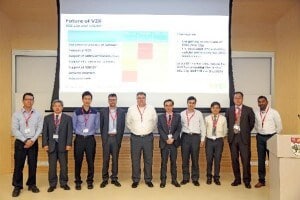
The morning session was wrapped up by the presentation of a highly debated
topic “Why 802.11p beats LTE and 5G in V2X” by Dr. Alessio
Filippi.
Since last year eight organizations, including Carclub Singapore,
Chemtronics, Denso, Hong Kong ASTRI, IHI, Panasonic, Redhat and Zebra,
have joined the consortium.
To mark these milestones, an Industry Partnership Showcase event was held,
participation of more than 130 guests from 40 private and public
organizations. The event was started with keynote speeches from NTU, NXP and
Singapore Land Transport Authority. Several consortium partners also led
discussions.
Wireless communication technologies like secure V2X offer significant
benefits, saving lives by avoiding road accidents as well as limiting congestion,
travel time and CO2 emissions. Joint initiatives with leading
industry partners provide opportunities to make the secure, smart connected
city a reality sooner — and bring cities to the forefront of smart
mobility innovation.

